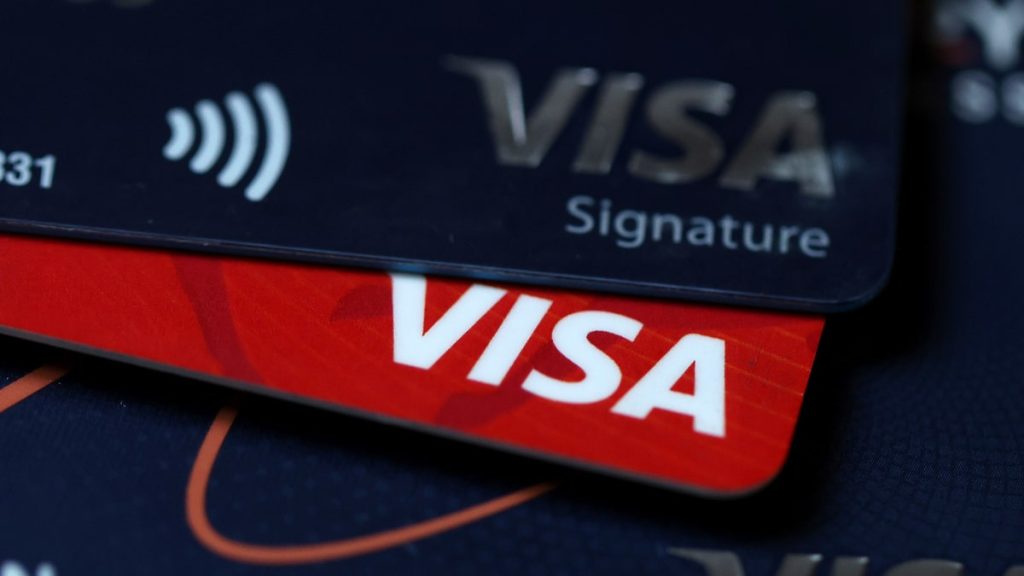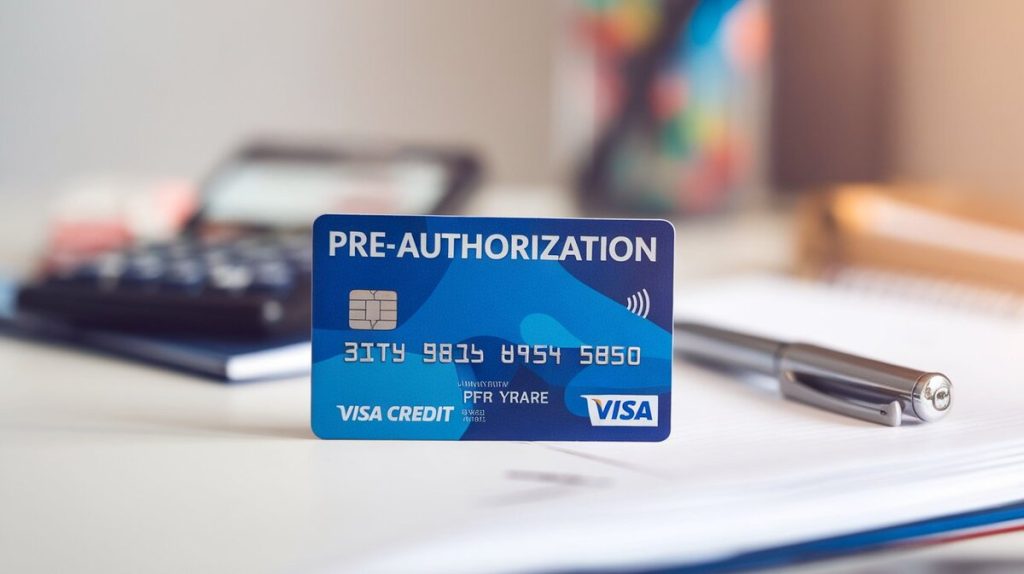Visa pre-authorization is a key step in payment processing, ensuring that funds are available before a transaction is finalized. This guide outlines the latest Visa pre-authorization rules, their impact on merchants, and best practices to ensure compliance.
1. Visa Pre-Authorization Rules Overview
Visa pre-authorization is a process where merchants request approval for a specific amount from a cardholder’s account before completing the transaction. This step ensures that the funds are available and that the transaction will likely be approved. Pre-authorization is common in sectors like hospitality, car rentals, and e-commerce, where the final amount may vary.
In 2024, Visa introduced several updates to pre-authorization rules aimed at enhancing security and transparency. These updates are crucial for reducing fraud and ensuring that disputes are managed effectively.
2. Key Aspects of Visa Pre-Authorization
Pre-Authorization Process
The pre-authorization process involves:
- Initial Authorization Request: Merchants send a request to the card issuer to hold a specified amount.
- Issuer Response: The issuer approves or declines the request based on the cardholder’s available credit and other factors.
- Hold on Funds: If approved, the amount is held on the cardholder’s account until the transaction is completed or the hold is released.
Authorization Reversals
Authorization reversals happen when a merchant releases the hold on funds before the transaction is finalized. Visa rules require that reversals be processed quickly, typically within 24 hours, to avoid unnecessary holds on the cardholder’s account.
Visa Compelling Evidence 3.0
Visa Compelling Evidence 3.0 (CE 3.0) has redefined how merchants handle disputes, particularly those involving fraud claims. CE 3.0 allows merchants to use evidence from previous transactions to dispute a chargeback.
Requirements of CE 3.0:
- Data Points: At least two data points (such as IP address, device ID, or customer account details) from the previous transaction must match the current one.
- Time Frame: Only transactions from 120 to 365 days before the dispute are considered valid evidence.
Refund Authorizations
Visa has mandated that all refunds go through an authorization process before completion. This change aims to increase transparency and reduce disputes.
Benefits:
- Increased Visibility: Customers can track refunds in real-time through their banking apps.
- Reduced Disputes: Clear communication minimizes the likelihood of customers disputing a refund.
Table 1: Common Authorization Reversal and Refund Decline Codes
| Code | Description | Merchant Action |
|---|---|---|
| 14 | Invalid Account Number or Account Type | Request an alternative Visa Card or another payment method. |
| 39, 52, 53 | Invalid Account Type | Verify the correct account type was selected at POS. |
| 54 | Card Expired | Request a replacement card or alternative payment method. |
| 55 | Invalid PIN | Retry PIN entry. |
| Others | Declined | Request an alternative Visa Card or another payment method. |

3. Impact on Merchants and Consumers
Impact on Merchants
Merchants must adjust their processes to comply with Visa’s updated pre-authorization and refund rules. Compliance is critical to avoid penalties and ensure smooth transactions.
Considerations for Merchants:
- System Updates: Ensure payment gateways handle new authorization and reversal requirements.
- Training: Staff should be trained to manage authorization reversals and refund processing.
- Partnerships: Partnering with Merchanto.org, an official Visa and Mastercard chargeback prevention partner, can help merchants navigate these rules and reduce chargeback incidents. Learn more.
Benefits for Consumers
These changes mean greater transparency and security for consumers. The ability to track refunds and see pending authorizations builds trust and reduces disputes.
Consumer Benefits:
- Transparency: Real-time tracking of transactions and refunds.
- Security: Enhanced pre-authorization checks reduce fraud risk.
4. Compliance and Best Practices
Merchants must take steps to comply with Visa’s pre-authorization rules. Below are some best practices:
Best Practices for Compliance
- Timely Reversals: Process authorization reversals within 24 hours to free up the customer’s funds.
- Accurate Refunds: Ensure all refunds go through the proper authorization channels before settlement.
- Data Management: Keep accurate transaction records, including data points required for CE 3.0.
- Regular Audits: Review payment processes periodically to ensure ongoing compliance with Visa and Mastercard rules.
- Engage with Experts: Collaborate with chargeback prevention experts to minimize risks and ensure compliance.

Common Compliance Issues
Table 2: Common Compliance Issues and Solutions
| Issue | Solution |
|---|---|
| Delayed Authorization Reversals | Implement automated reversal systems. |
| Inaccurate Data Submission for CE 3.0 | Use advanced fraud detection and record-keeping. |
| Refunds Processed Without Authorization | Update POS systems to comply with Visa rules. |
| High Chargeback Rates | Partner with chargeback prevention services. |
5. Conclusion
Visa’s updated pre-authorization rules for 2024 are designed to increase transparency, reduce fraud, and improve payment processing for both merchants and consumers. By understanding these rules and implementing best practices, merchants can ensure compliance, reduce disputes, and improve customer satisfaction.
Summary of Visa Pre-Authorization Updates
| Update | Description |
|---|---|
| Visa Compelling Evidence 3.0 | New dispute rules requiring specific data points for chargeback prevention. |
| Authorization Reversal Time Frame | Reversals must be processed within 24 hours to free up customer funds. |
| Mandatory Refund Authorization | Refunds must be authorized before settlement to increase transparency. |
| New Fraud Prevention Tools | Introduction of tools like Account Name Inquiry to reduce card-not-present fraud. |
These updates reflect Visa’s commitment to enhancing security and efficiency in payment processing. By staying informed and proactive, merchants can comply with these rules and optimize their payment operations.



